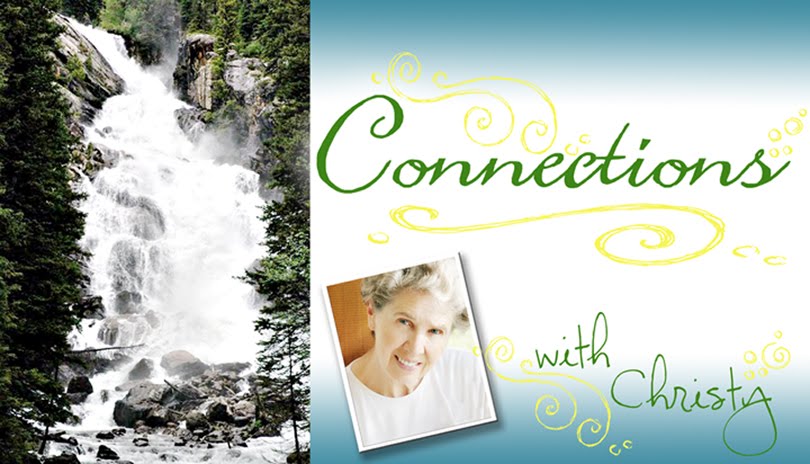When your child is acting up, wonder about his or her unmet
needs.
Four-year-old Jaden had to pick up his toys in the family
room before he could go sledding with his older sisters. Usually he finished
his Saturday work in plenty of time for play, but today he wasn't a happy
helper. He threw herself on the floor and kicked and screamed. He was NOT
going to do his job. His mother told Jaden she would help. Jaden still cried.
Dad put him on time out until he could be happy. He shrieked louder than
ever.
"Makes me feel like I want to give him a reason to
cry," Mom said to Dad.
If an incident like this occurs, look for the unmet need
in the child's life. When both parents took a minute to think, they remembered
that Jaden had been up late the night before at the movies with his older
sisters. Rather than sleeping in on Saturday morning, he had gotten up early.
After his temper tantrum, Jaden slept for an hour and was ready to get his work done and then play.
Jaden needed some sleep.
Peter, age six, loved to wrestle with his older brother, Sam,
age twelve. Peter came home from school one day and wanted to tussle, but Sam
was busy with a book report he had to turn in the next day so he politely asked
Peter to stop. But Peter wanted to wrestle so he kept on punching and poking
his brother. Finally Sam got up and moved to his bedroom to finish his report.
He shut the door. Peter pounded to get in.
The banging got so loud, Mother came and gently took Peter
by the arms and told his to stop. He needed to listen to his brother's words.
Mother asked him to put on his swim suit and help her clean off the patio.
Peter couldn't tell himself to quit so someone had to help
him. He needed some attention and some large muscle activity. He'd been sitting
still in school all day. Mother's idea met both his needs.
Whatever your child's behavior, look beyond the happenings
of the moment and find the unmet need that is driving the child's conduct.
 |
| Wisdom begins in wonder. Socrates |



_(bakDA0058a).jpg)